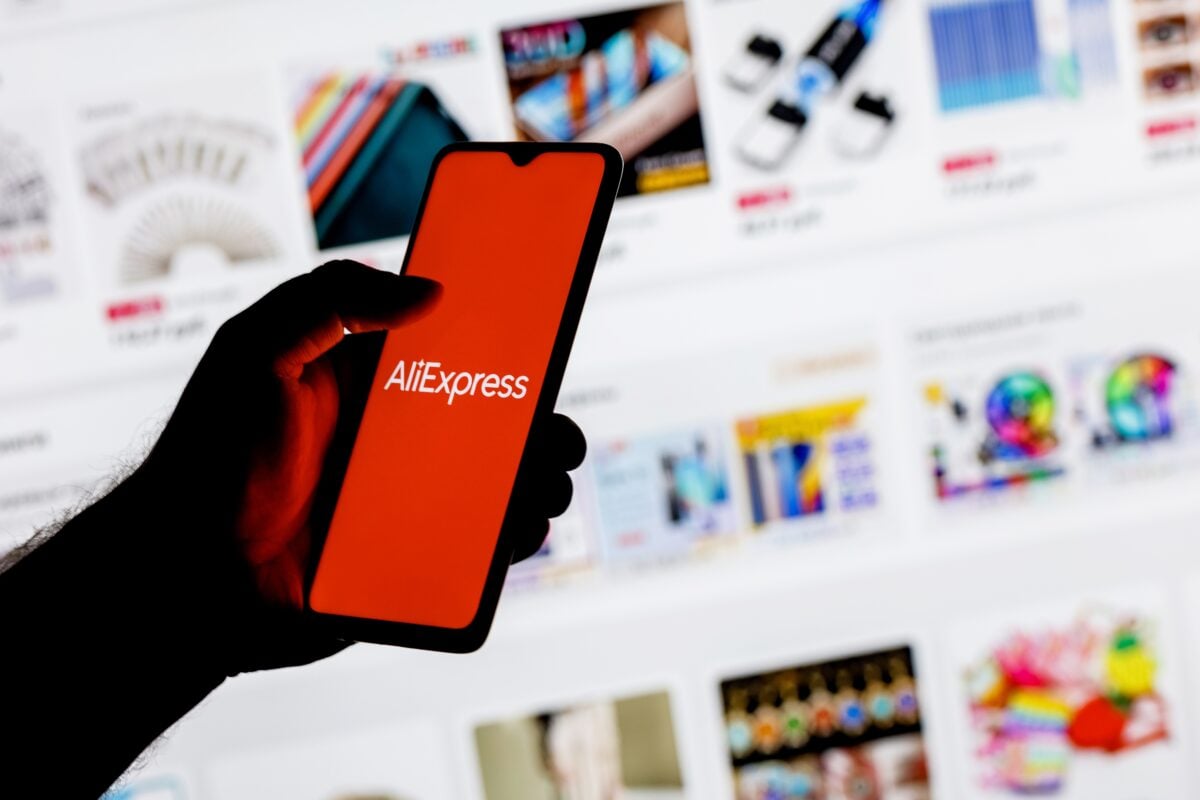TLDRs;
- South Korea fined AliExpress Korea US$1.5M for deceptive pricing practices involving inflated “original” prices on thousands of products.
- Affiliates Ocean Sky and MICTW ran over 7,500 misleading ads between May 2023 and October 2024 to lure buyers.
- Regulators also fined AliExpress for failing to verify sellers in its K-venue, raising compliance concerns in Korea.
- The crackdown reflects a global trend where foreign e-commerce platforms face equal standards as domestic competitors.
South Korea’s Fair Trade Commission (FTC) has fined AliExpress Korea and its affiliates 2.1 billion won (US$1.5 million) for misleading discount pricing, marking one of the country’s strongest enforcement measures against deceptive e-commerce practices to date.
The penalties highlight Seoul’s determination to create a level playing field for both domestic and foreign digital marketplaces.
Between May 2023 and October 2024, AliExpress affiliates Ocean Sky and MICTW were found advertising products with inflated “original” prices, creating the illusion of large discounts that never actually existed. According to the FTC, more than 7,000 products were sold using this deceptive method, misleading consumers and undermining fair competition.
AliExpress Korea Faces Double Penalties
Beyond pricing manipulation, AliExpress Korea was separately fined 2 million won (US$1,500) for failing to properly verify seller identities in its “K-venue” section, an area dedicated to showcasing Korean goods to international buyers.
Regulators said the company did not adequately monitor vendors, a lapse that could allow counterfeit or low-quality products to be marketed under the guise of legitimate Korean brands.
This dual penalty reflects the FTC’s broader crackdown on foreign e-commerce platforms that, until recently, faced lighter oversight compared to local rivals.
Global Pattern of Misleading Discounts
AliExpress Korea’s case is not unique. The use of fake reference prices, where retailers exaggerate original costs to exaggerate discounts, remains a global issue in online retail.
For example, Amazon Canada was fined US$1 million in 2017 for similar pricing tactics, where advertised “list prices” did not align with actual historical sales figures. Despite repeated enforcement actions worldwide, the persistence of these violations suggests that the profits from deceptive pricing often outweigh regulatory risks, incentivizing companies to continue the practice.
The FTC highlighted an example where a tablet was advertised at a supposed 58% discount from 660,000 won. However, investigators found the item was never actually sold at that original price. Such tactics erode consumer trust and create unfair pressure on honest sellers.
Equal Rules for All E-Commerce Players
What makes South Korea’s decision significant is not just the fine itself, but its implications for global e-commerce governance. The FTC explicitly stated that overseas online platforms would now face the same consumer protection standards as local operators.
This signals a shift in regulatory philosophy: foreign companies will no longer benefit from loopholes or jurisdictional gaps. Instead, authorities are pursuing equal enforcement, from pricing accuracy to seller verification.
Observers say this move reflects growing confidence among regulators worldwide to hold multinational tech firms accountable. As online retail continues to grow across Asia, similar measures could spread to other jurisdictions, potentially reshaping the compliance landscape for platforms such as Shopee, Lazada, and Amazon.






